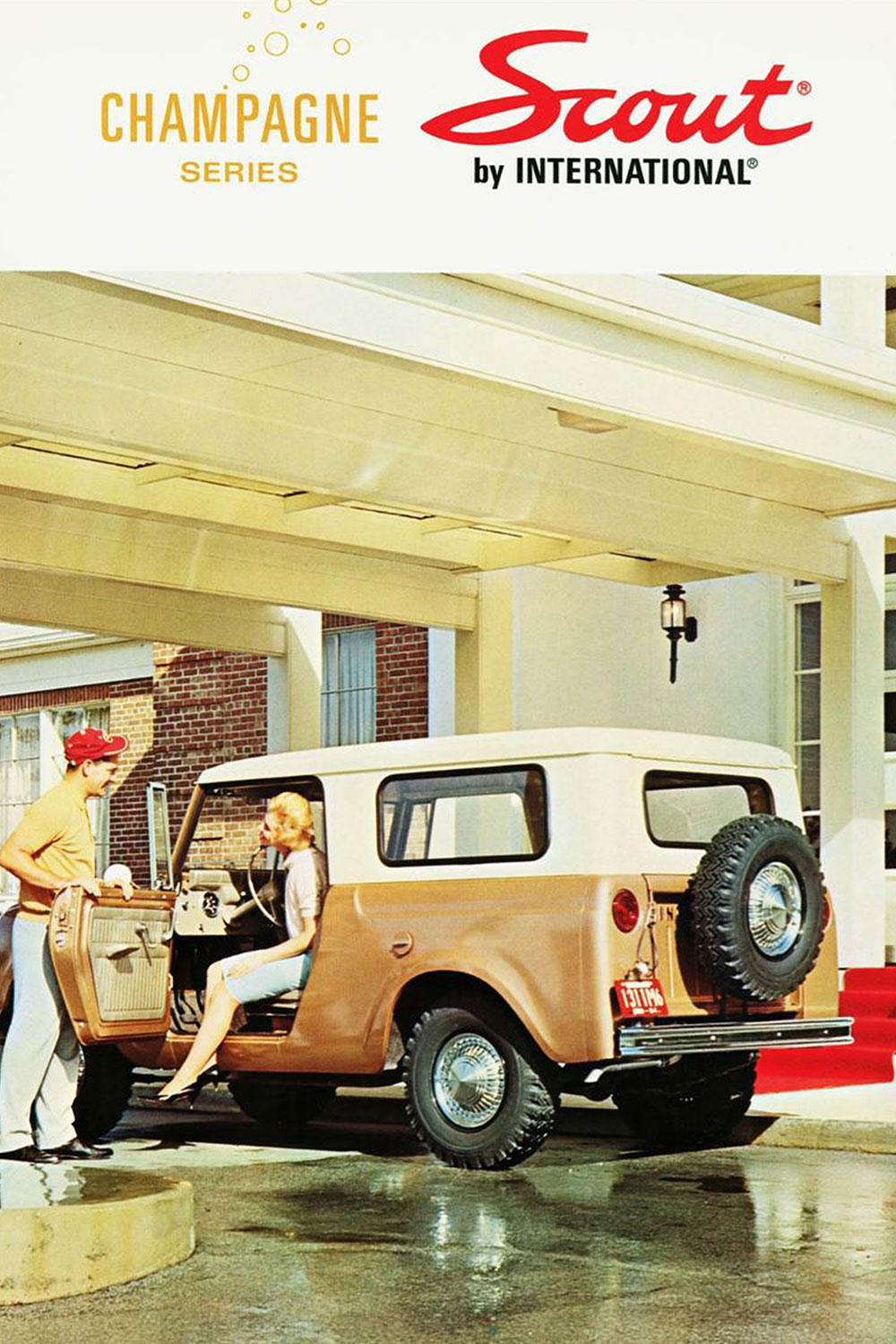The Richland County Economic Development Office is pleased to announce that Scout Motors Inc. (“Scout”), makers of the next-generation of all-electric trucks and rugged SUVs, has decided to establish its manufacturing operations in Blythewood.
The company’s planned $2 billion investment has the potential to create 4,000 or more permanent jobs, both of which would set new all-time records for a Richland County economic development project. Scout is planning to break ground on the new manufacturing facility in Blythewood Industrial Park in mid-2023 and begin production by the end of 2026.
Doing Business with Scout
Does your company want to become a supplier for Scout Motors' new production facility near Columbia, SC?
Please contact the Scout Motors purchasing team at [email protected] to share your business information, and they will be in touch if your goods or services are needed as the purchasing process moves forward.


Blythewood and Scout
Blythewood will be home to the new Scout facility. The company’s large investment will allow for significant infrastructure upgrades and other improvements to the community. Learn what’s to come along with other frequently asked questions.














